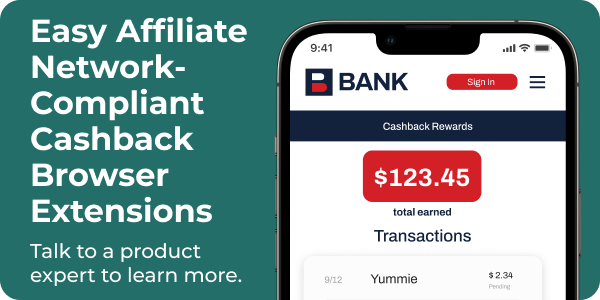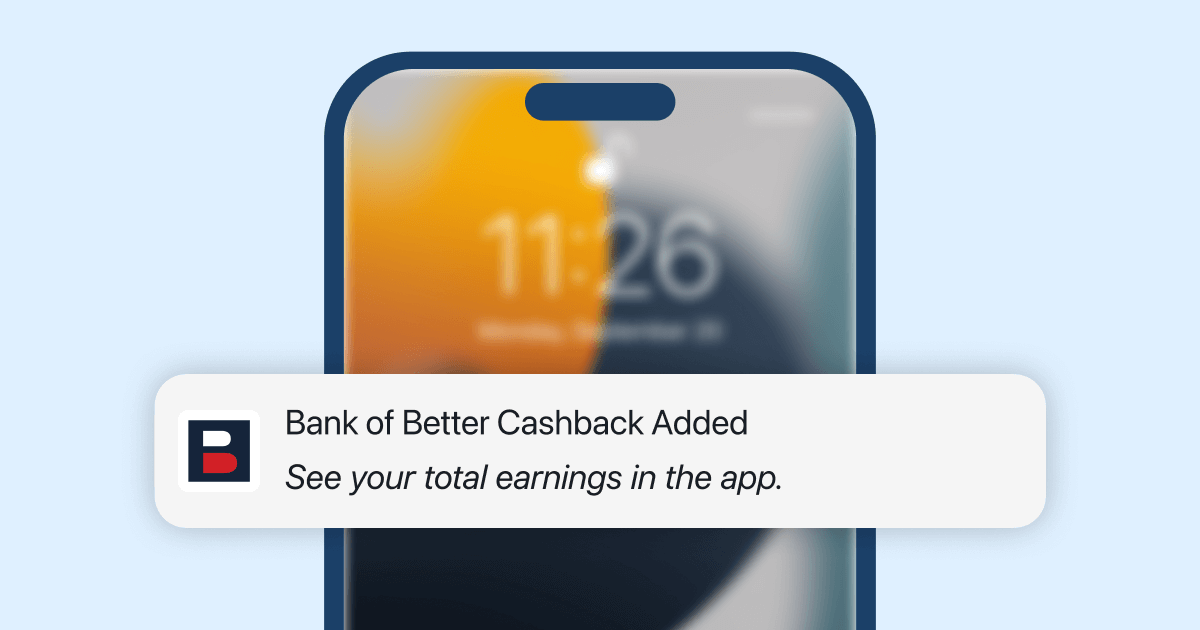In March 2025, Google introduced some key updates to its Chrome Web Store policies concerning affiliate programs in extensions. To enhance transparency and ensure that extensions do not engage in deceptive practices, Google’s revised Affiliate Ads Policy mandates that affiliate links, codes, or cookies must only be included when they provide a direct and transparent benefit to users, such as a discount, cashback, or donation. Additionally, the extension’s Chrome Web Store listing and user interface must provide transparent disclosure of the affiliate program.
Extensions are also required to obtain explicit user consent (e.g. an actual click on a link) before applying any affiliate links or codes. These changes aim to foster a safer and more trustworthy environment for users and developers alike - as Google stated in their policy update blog post:
“This update helps maintain a healthy web ecosystem by ensuring that affiliate monetization is aligned with user benefit.”
Developers and extension owners must ensure their Chrome extensions comply with these new rules by June 10, 2025, to avoid potential removal from the Chrome Web Store.
In this post, we’ll break down what Google’s recent Chrome Web Store Affiliate Ads policy changes mean for our cashback rewards browser extension clients. These extensions often rely on affiliate programs to fund user rewards, so meeting the updated requirements is key. The good news is that Wildfire’s core technology—used by our white-label partners—is already in compliance. We’re also working closely with clients to ensure the pre-installation user experience includes all necessary disclosures, and that any non-white-label implementations stay fully compliant as well. Let’s dive in.
What's changing?
Google's updated Affiliate Ads Policy now requires the following:
- Any affiliate program must be clearly disclosed on the product's Chrome Web Store page, user interface, and before installation.
- Affiliate links, codes, or cookies can only be included if they provide a direct and transparent benefit to the user, related to the extension's core functionality.
- User action (e.g. a click or other relevant interaction) must occur before the inclusion of any affiliate code, link, or cookie.
What's next? Steps for owners/developers of Chrome extensions to take
- Update Your Extension:
- Review affiliate program practices in your extension: Ensure that affiliate links are only applied when they provide a direct benefit to the user, and after an explicit user action.
- Implement disclosures: Clearly disclose any affiliate programs in the extension's metadata, user interface, and before installation.
- Test compliance: Regularly test your extension to ensure it complies with the new policies and provides a transparent user experience.
For Wildfire clients, we have recommended the inclusion of language like this in their Chrome Web Store listings as soon as possible:
“[Company Name] may get paid affiliate commissions on products purchased using this browser extension through our links to retailer sites. We share these commissions with our users in the form of [rewards type].”
- Revise Your Terms and Conditions (T&Cs):
- Update affiliate disclosures: Clearly state your affiliate relationships and how they benefit users.
- Explain affiliate practices: Detail how and when affiliate links are activated and any data collection related to affiliate activities.
- Consult legal resources: Utilize platforms like TermsFeed to generate or update your T&Cs.
By adhering to these updated policies, Chrome browser extension owners and developers can ensure compliance, build user trust, and maintain their presence on the Chrome Web Store. For more detailed information, please refer to Google's Affiliate Ads Policy and Affiliate Ads FAQ.






